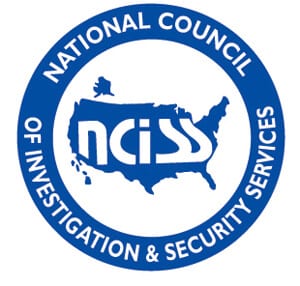Professionalism is something that a lot of people talk about, but what exactly does that mean? Historically, professionals were limited to doctors and lawyers, but the concept has been adopted and expanded into nearly every industry. Yet, despite the inclusion of more people, the definition of the term has become more vague. There seem to be as many variations of professionals as there are definitions. So, what exactly constitutes professionalism?
This is something that I have discussed at length with a variety of people. For some, it seems to entail a lack of emotion. Everything is pre-scripted and distant, so politically correct that it becomes sterile. With this definition, you cannot be yourself; you need to remove all individuality and personality from your work persona. If you ask me, that isn’t “professionalism.” That is making everyone a uniform drone, interchangeable with the one in the office next door.
On the other end of the spectrum is the view that wearing a nice suit makes you a professional. Yes, clothes can make a difference and appearance is important to a point, but I wouldn’t even list it in the top ten criteria for professionalism.
I believe that professionalism is more of an ideal that we should strive toward and a standard by which we should measure our professional performance. While there should be some variations between different industries, the basic principles should be the same.
At my company, we consider ourselves professionals. For us, professionalism is both a description and a promise. It is an objective that we strive for with every client, consultation, and investigation and a quality that we seek in those people and companies with whom we do business. While I can’t give you a set definition of professionalism, I can set out some qualities that reflect the core values and ideals that I look for in other professionals:
Knowledge. If nothing more, being a professional implies a wide breadth of knowledge in your chosen field. You need to know what you are doing and be well versed at translating that into a common vernacular. Bonus points for being able to admit you need to look into a complicated question, taking the time to figure it out, and taking the time to explain it (rather than just breezing over it or sticking to talking points).
Be Confident. This comes from experience and knowledge. You are sure of yourself and what you do.
Be Dependable. Conduct yourself with integrity at all times. Keep your word. Do what you say and say what you mean. Actions are important, you need to follow through. If you are going to do something, then do it to completion.
Respect. Treat your co-workers, clients, and vendors with respect. I don’t mean in a way that you pretend to respect a person because ‘you never know who you will need to use’ or as leverage for some purpose later on down the line. What I am talking about is respecting other people because it is the right thing to do. This should be a given, and we teach it to our kids in pre-school (and earlier) but for some reason this basic tenant of humanity can get lost for some people.
Courtesy. Make appointments on time, and if you are running late call ahead. Show consideration for other people’s time and opinions even if you don’t agree with them.
Honesty. Temper with politeness, but don’t lie to me. If I’ve hired you to perform a service or an evaluation tell me the truth, don’t dance around or sugarcoat it. No one likes negative feedback, but in a culture of ‘yes men,’ honest and constructive communication will serve you well.
Self-Improvement. Always be learning and seeking new ways to improve. Recognizing a shortcoming and taking criticism is difficult. No one likes to realize or hear they did something wrong or could do it better. A professional takes legitimate criticism to heart and uses it to make themselves better at their job.
Boundaries. In a business culture where there is frequent overlap between your personal and professional lives, you need to separate the two as best you can. Your personal life is just that, and except on rare occasions things that are intimate should not be discussed while at work. Important events such as weddings, deaths, long term illnesses, and other major life changes can and should be acknowledged in the office, but should not become a major distraction.
Ultimately, your professional self should be a more reserved version of your personal self. You shouldn’t have to become a robot in a suit. I believe it is possible to maintain your personality and individuality and still be a professional. In fact, I would go so far as to say it would make you a superior professional.
Do you agree with my assessment? What else would you include in your definition of professionalism? Feel free to make suggestions in the comments below.


